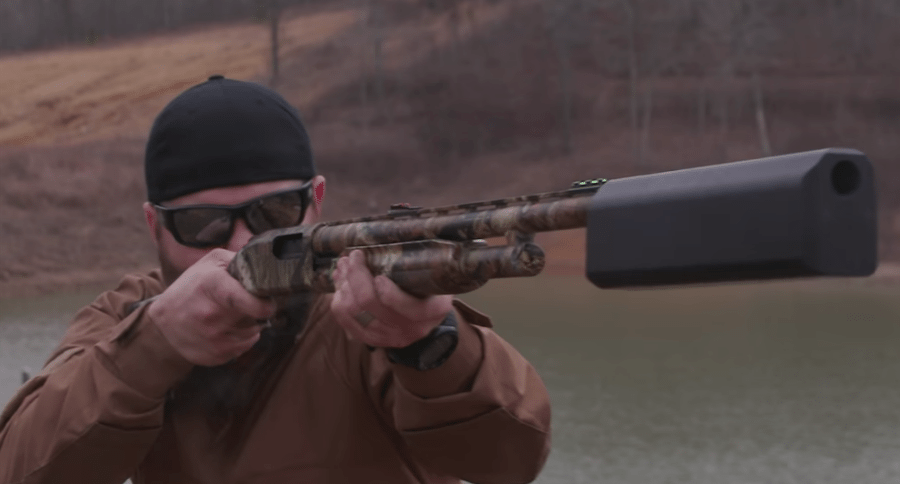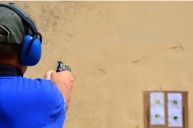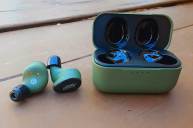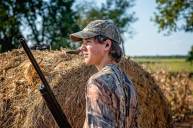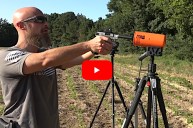SilencerCo asked an audiologist about the science behind noise-induced hearing loss and how suppressors can have a positive impact on reducing damage.
Up to 40,000,000 adults in the United States suffer from some form of noise-induced hearing loss. SilencerCo explores the dynamic between hearing loss, hearing aids and firearm suppressors by talking to an audiologist who is familiar with firearms and the technology behind suppressors.
Audiologist Steven Wade says that once the ear's cochlea becomes damaged from extremely loud sound—high pressure waves impacting the cochlea—that damage is irreversible.
Firearm suppressors can help minimize or eliminate that damage altogether.
Harrison Holden, Director of Research and Development with SilencerCo, sets up a sound recording and measuring system according the Military Standard 1474D guidelines, which is also used to test the sound levels of suppressors. Sound is measured in decibels.
The issue with decibels is that, as the narrator explains, they do not function on a linear scale. Rather, they are logarithmic, meaning that for every 10 decibel increase the perceived loudness doubles.
Using the example of an M16 A2 rifle as a baseline, SilencerCo has determined that the decibel level of a round fired through an unsuppressed rifle exceeds 160 dB. This level exceeds OSHA's guidelines of 140 dB for impulse noises that result in permanent hearing damage.
The same rifle with a suppressor attached reduces the noise level to 130 dB, well below OSHA's permanent hearing damage threshold.
Wade takes an active role in advocating for suppressors. "Being able to suppress a gun will allow a person to enjoy that activity [shooting]," he says. "And as an audiologist, that's a form of hearing protection."
"A suppressor is hearing protection. It's just not in your ears."
Non-foam ear plugs achieve approximately a 6.5 dB noise reduction in real world scenarios. Foam ear plugs achieve approximately a 13.2 dB noise reduction level, and ear muffs achieve an 18.6 reduction. These forms of hearing protection also mute everything in the environment, not just the gun shot.
On the other hand, a suppressor reduces the source of the noise - the gun shot - while allowing a full auditory experience of the sounds in the surrounding environment.
"So if we can reduce the gun—the noisy thing—by 20 or 30 decibels, and then keep everything else in the environment the same," says Wade, "that just makes more sense."
The time has come for firearm suppressors to be completely legalized throughout the country, and become a normal part of everyday hunting and shooting.
Like what you see here? You can read more great articles by David Smith at his facebook page, Stumpjack Outdoors.
NEXT: Man May End Up in Prison Over 196 Firearm Silencers
WATCH
https://rumble.com/embed/u7gve.v3v683/
